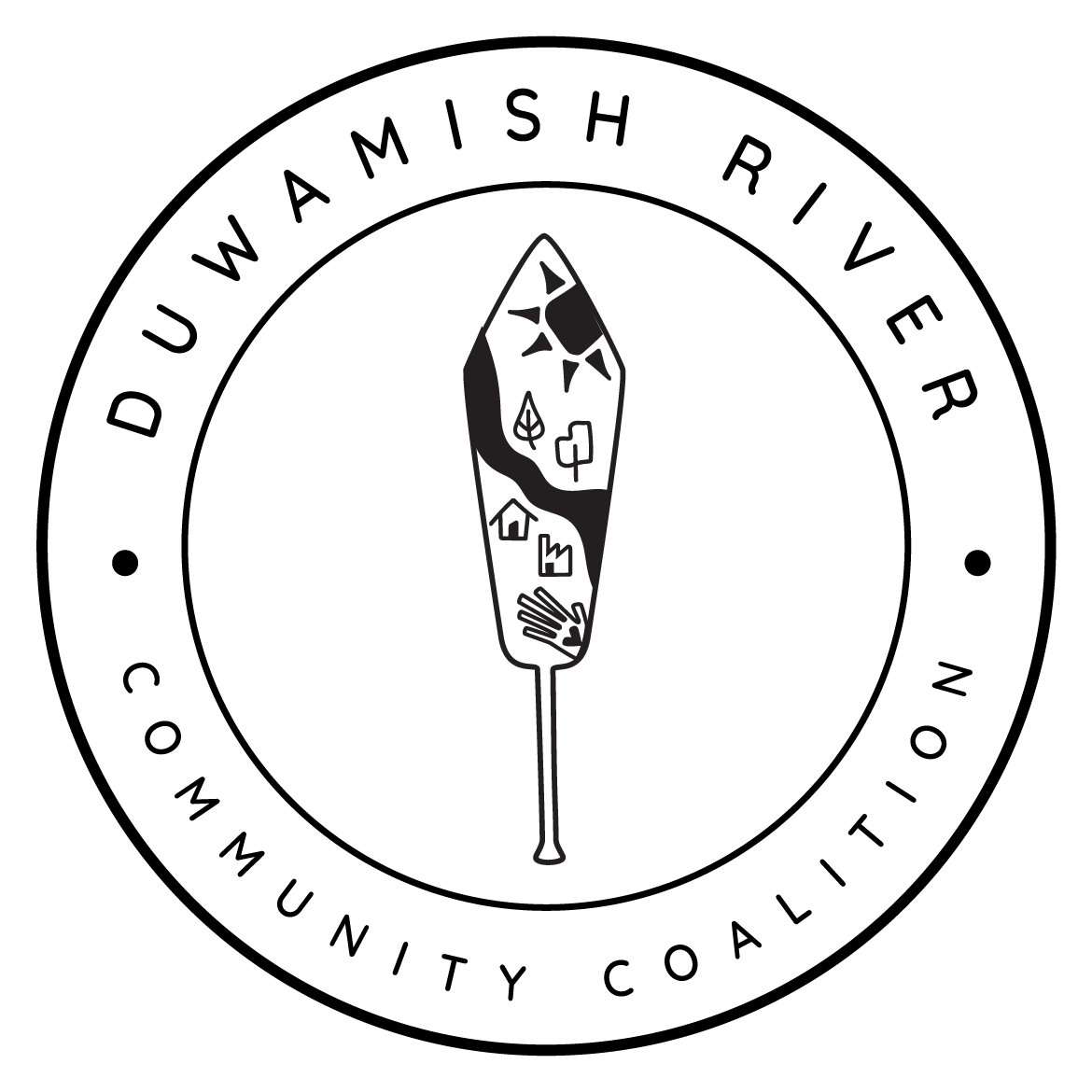Climate Change and Community Leadership in Climate Action
The greatest threat to life on our planet right now is climate change, which is already taking place. According to United Nations Climate action, Climate change refers to long-term shifts in temperatures and weather patterns. These shifts may be natural, such as through variations in the solar cycle. Fortunately, there are numerous and well-recognized answers to the climate change problem. The global response should be prompt and forceful given the enormous drive by warming, accelerating disasters that the entire planet is currently experiencing.Yet, global governments have made painfully sluggish progress. In a recent study, the Intergovernmental Panel on Climate Change (IPCC) reports that the global response is behind on turning the curve on global emissions, even so, there is still time to do so. You can provide an example solution here using a source. This is why community leadership in climate action is crucial. There is no doubt that community leadership should be placed at the heart of climate actions and without that, our climate strategies and outcome may not reflect the realities of what is happening on the ground.
As a fundamental human right,climate and environmental justice is critical. Many individuals become the victims of other people's intentions and aspirations when there is no environmental justice. For example, there have been many pledges to cut carbon emissions, but few of them are legally obligatory, and goals are frequently ignored. Environmental justice must be safeguarded in order to prevent one person from destroying the lives of many people, if there is to be any hope for everyone to be free to live a meaningful life. Justice for the environment is essential and must be preserved, protected and respected without any reservations.
People all across the world—particularly those with the fewest resources—are already suffering the impacts of climate change and are reeling from their impact, despite the fact that it is rejected, disputed, and frequently described as a phenomenon whose repercussions will be seen in the future. The fight against climate change can be greatly influenced by the way we live and collaborate in our towns and communities, to overcome the negative impacts of a changing climate.
Communities provide a variety of viewpoints, place based contributions, policy recommendations, and knowledge to the task of promoting resilience and fighting climate change. Instead of being viewed as only beneficiaries, impacted communities should be included as partners in the development of resilience. Community leaders may establish goals, influence ownership, and create and administer investment programs that are sensitive to the needs of their particular community, according to research and experience.
Community leaders have the ability to mobilize their communities and bring people together around a shared goal. The greatest opportunity for inclusive, revolutionary change comes when many community stakeholders partner and recognize points of agreement in spite of their disagreements.This is particularly important in the fight against climate change and environmental injustice, where collective action is needed to make a meaningful impact. When communities work together, they can amplify their voices and demand change at the local, regional, and national levels.
For example, community leaders can organize protests, rallies, and marches to bring attention to the issue of climate change and environmental injustice. For example Climate campaign groups marched at the U.N. climate summit in Sharm el-Sheikh on Saturday, calling for reparations for rising "loss and damage" caused by global warming, under the watchful eye of security staff who controlled the protest tightly. The activists, including many Africans, insisted there could be "no climate justice without human rights" - and lamented that they had not been permitted to demonstrate outside the sprawling convention center where the two-week talks are being held. COP27 climate marchers demand justice despite protest restrictions | Reuters
Community leaders can also mobilize voters to demand action from elected officials and hold them accountable if they fail to act. By working together, communities can create a powerful force for change that cannot be ignored.
By empowering community leaders to take action, we can foster a culture of innovation and experimentation that can lead to breakthroughs in the fight against climate change and environmental injustice. These breakthroughs can then be shared and scaled up to benefit communities worldwide.
Action on climate change has several advantages, including better health, expansion of the low-carbon employment sector, and decreased inequality.
